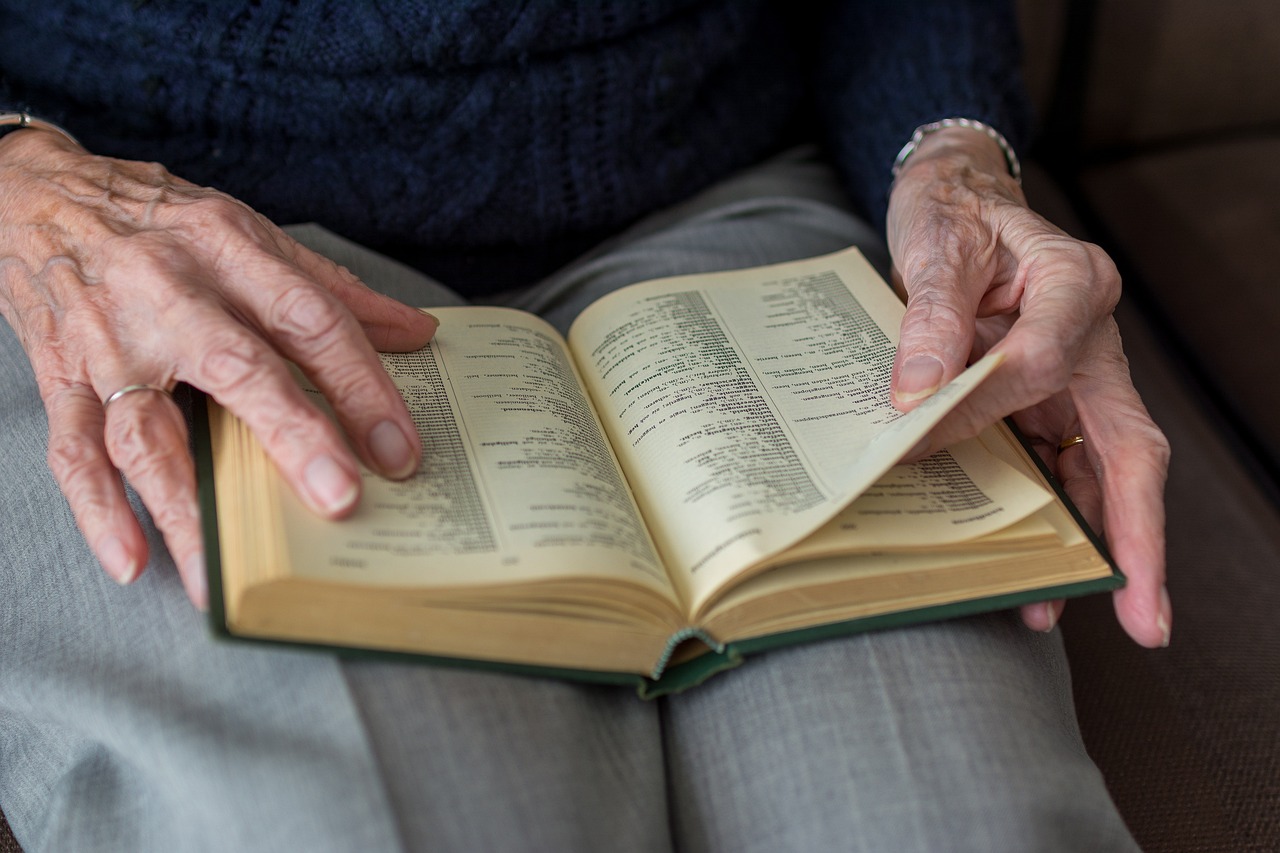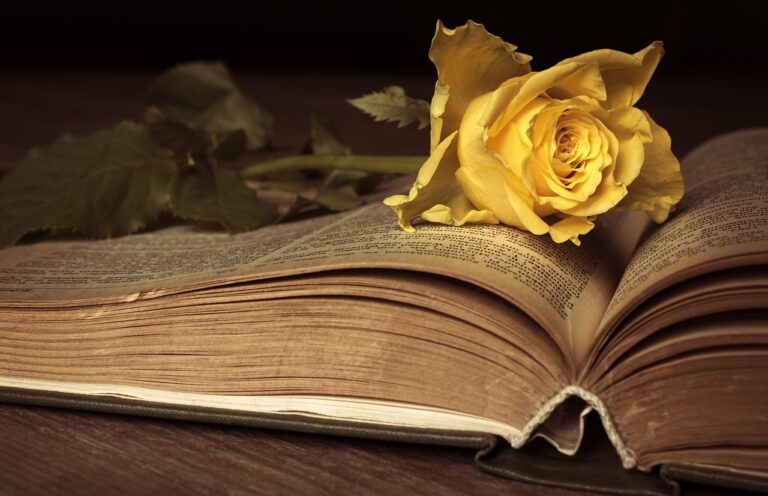Exploring the Role of Literacy in Identity Formation and Cultural Preservation: 11xplay online, Diamondexch9.com register, Skyexchange
11xplay online, diamondexch9.com register, skyexchange: Exploring the Role of Literacy in Identity Formation and Cultural Preservation
Literacy is often viewed as the ability to read and write, but its impact goes far beyond just basic reading and writing skills. Literacy plays a crucial role in identity formation and cultural preservation. In this article, we will delve into how literacy shapes our sense of self and helps to maintain the cultural heritage of communities around the world.
Understanding Identity Formation
Identity formation is a complex process that involves multiple factors, including social, cultural, and personal experiences. Literacy plays a significant role in shaping our identities by providing us with the tools to articulate our thoughts and emotions. Through reading and writing, individuals can explore different perspectives, challenge their beliefs, and develop a deeper understanding of themselves and others.
Literacy also empowers individuals to assert their identities and express their unique experiences. By being able to communicate effectively, individuals can share their stories, traditions, and values with others, strengthening their sense of belonging and connection to their culture.
Preserving Cultural Heritage
Cultural preservation is essential for maintaining the richness and diversity of our world. Literacy plays a crucial role in preserving cultural heritage by documenting traditions, languages, and histories for future generations. Through written texts, oral histories, and other forms of communication, literate communities can pass down their cultural knowledge and practices, ensuring that they are not lost or forgotten over time.
Literacy also allows for the exchange of ideas and information between different cultures, leading to a more interconnected and vibrant global community. By promoting literacy and encouraging cultural exchange, we can celebrate the unique contributions of each culture while fostering mutual respect and understanding.
FAQs
1. How does literacy impact individual identity?
Literacy allows individuals to express themselves, explore different perspectives, and connect with others, shaping their sense of self and identity.
2. How does literacy contribute to cultural preservation?
Literacy helps communities document their traditions, languages, and histories, ensuring that their cultural heritage is passed down to future generations.
3. What role does literacy play in fostering cultural exchange?
Literacy promotes the exchange of ideas and information between cultures, leading to a more interconnected and diverse global community.
In conclusion, literacy is a powerful tool for both identity formation and cultural preservation. By promoting literacy and valuing the diverse voices and experiences within our communities, we can strengthen our sense of self and celebrate the rich tapestry of cultures that make up our world.







